

James Wong
Is a Subaru Outback Hybrid on the cards?
28 Seconds Ago

Contributor
The 2020 Toyota Yaris is finally ready to take on its light car rivals.
That pool of rivals is shrinking. Nissan has killed the Micra, Renault has pulled the plug on the Clio, and the Honda Jazz will be phased out next year.
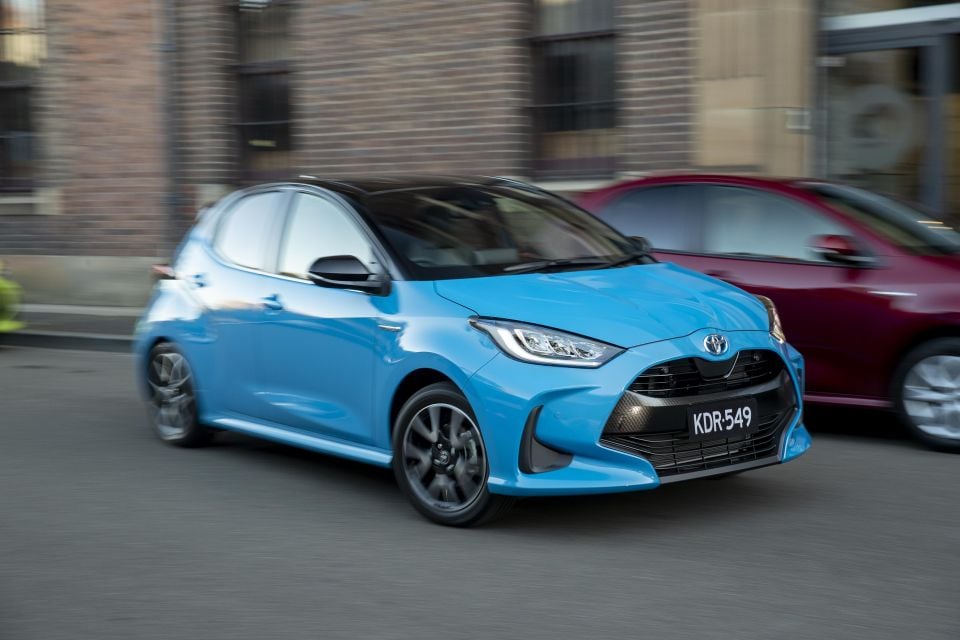
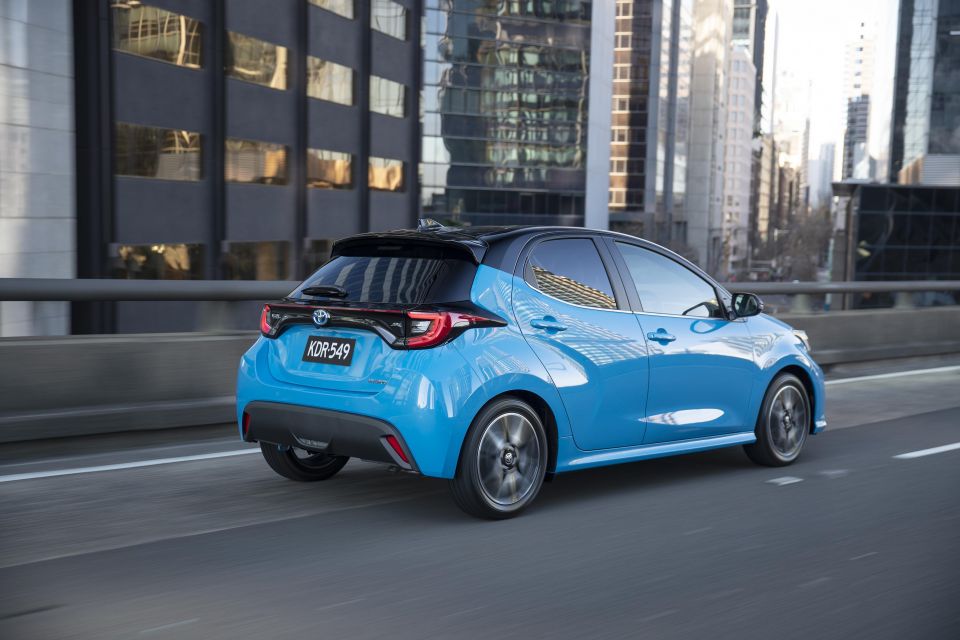
But that hasn’t stopped Toyota throwing the kitchen sink at its smallest car in Australia, and upping the price accordingly.
Where the outgoing Yaris could be had for less than $16,000 drive-away, the all-new car kicks off at $22,130 before on-road costs and stretches to $32,100 before on-roads in range-topping ZR Hybrid guise, planting it firmly in Corolla territory.
All prices exclude on-road costs
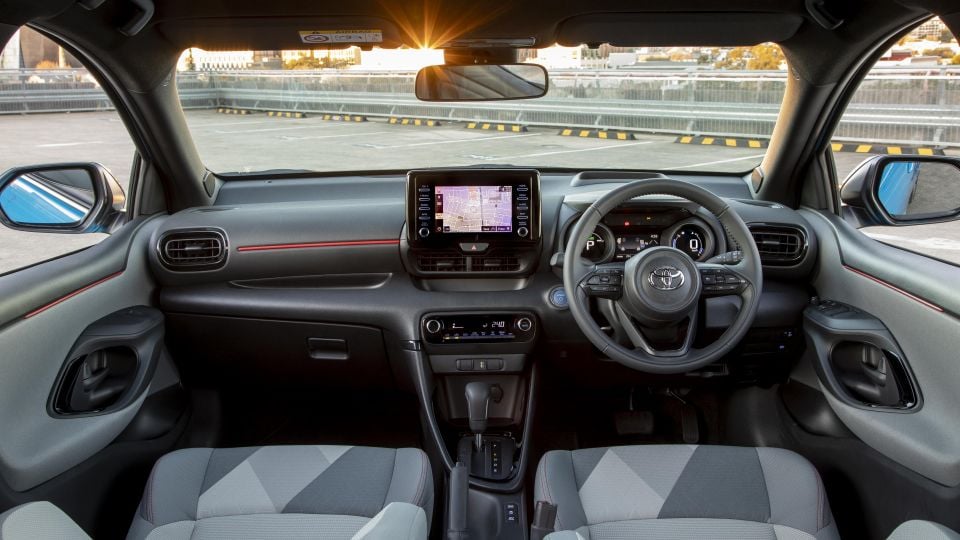
Two powertrains are available in the new Toyota Yaris, starting with a 1.5-litre three-cylinder petrol making 88kW of power and 145Nm of torque.
It’s offered with a six-speed manual transmission, or a continuously-variable transmission.
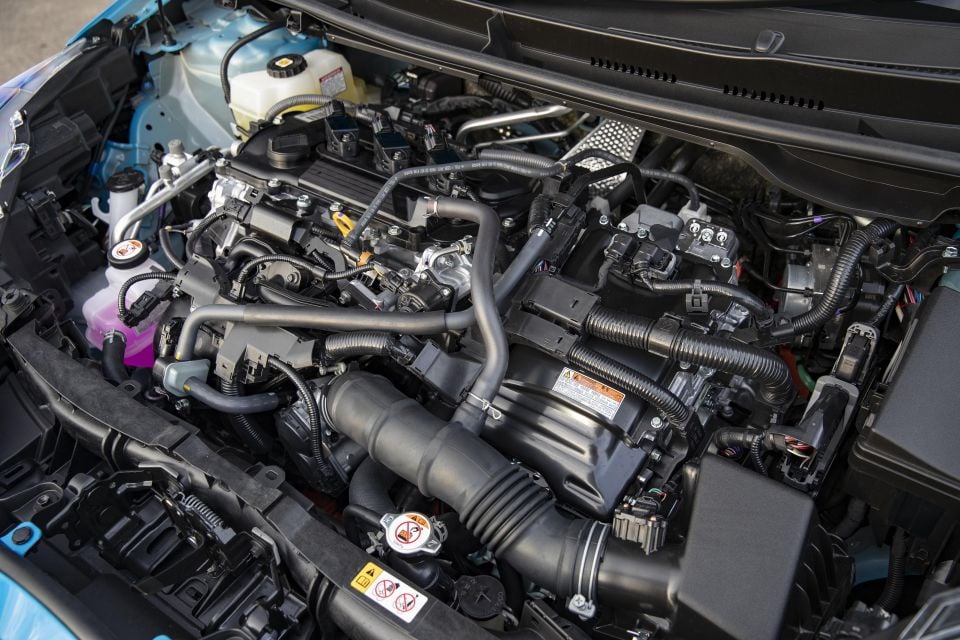
The range-topping powertrain is the hybrid, combining a 1.5-litre 67kW/120Nm petrol engine and a 59kW/141Nm electric motor for a maximum combined power output of 85kW. Toyota doesn’t quote peak combined torque for its hybrids.
Because it’s a series hybrid, the Yaris Hybrid doesn’t have a meaningful electric-only range, despite featuring a lithium-ion battery in place of the nickel-metal hydride unit used in older Toyota hybrids.
The 1.5-litre petrol in the Toyota Yaris has a claimed combined fuel consumption of 5.4L/100km when combined with a manual transmission, and 4.9L/100km with a CVT.
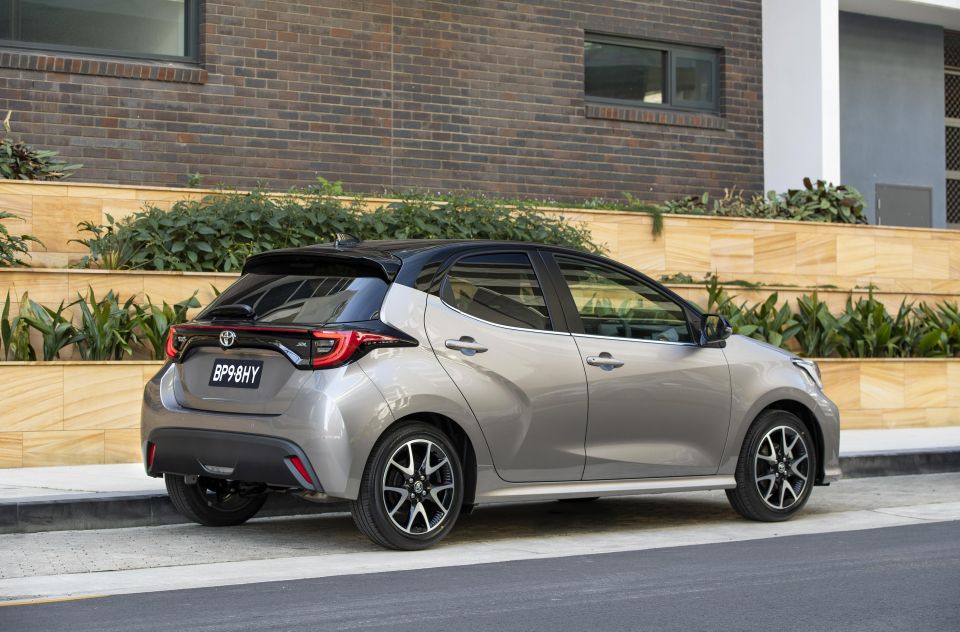
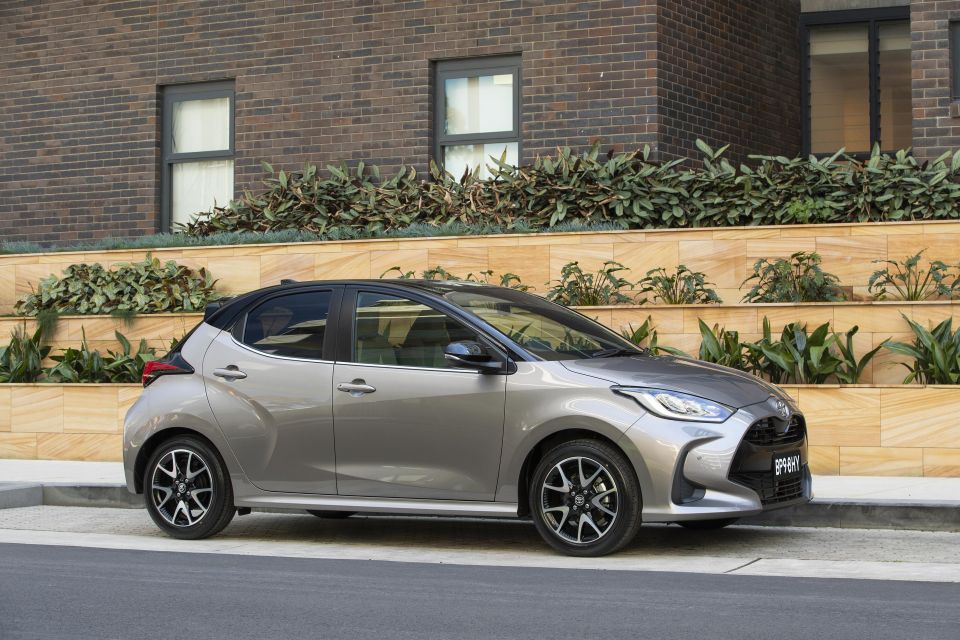
The hybrid claims a remarkable 3.3L/100km on the combined cycle, and just 2.8L/100km on the city-focused urban test cycle.
The new Toyota Yaris hasn’t yet been crash tested by ANCAP or Euro NCAP. Given the Corolla and C-HR – both of which are built on the same TNGA platform as the Yaris – are five-star cars, chances are the new Yaris will be as well.
As with the wider Toyota range, the Yaris will come loaded with active safety equipment from even the base level.
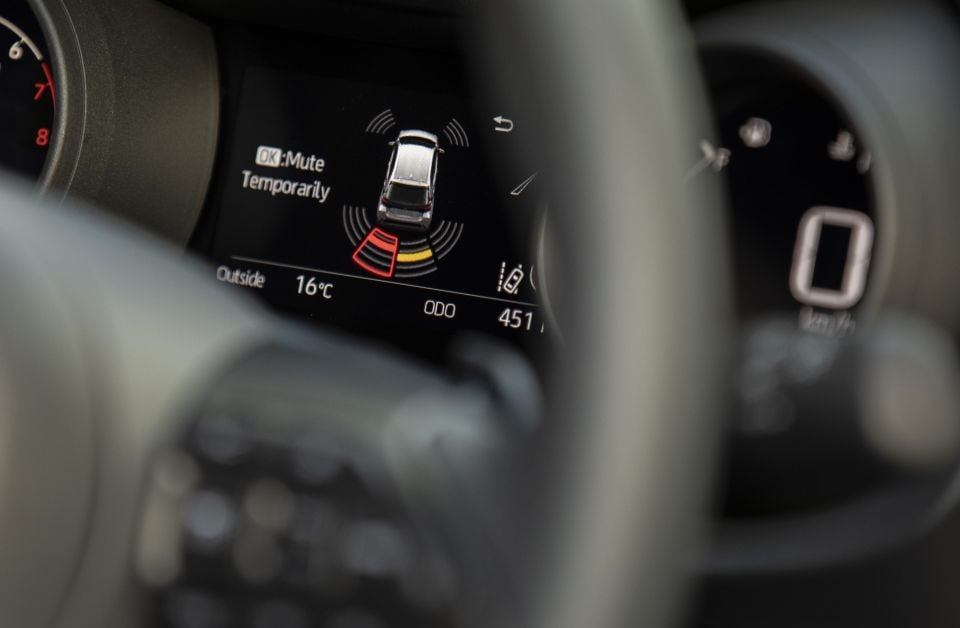
Autonomous emergency braking, lane-keeping assist, rear cross-traffic alert, and active cruise control are all standard from the base model, as is a central airbag designed to stop front occupants clashing heads in a severe side impact.
The 2020 Toyota Yaris measures 3940mm long, 1695mm wide, 1505mm tall, and has a 2550mm wheelbase.
The base Ascent Sport weighs between 1000kg and 1050kg, while the heaviest hybrid models tip the scales at 1130kg.
Boot space is 270L, and the rear seats fold 60/40.
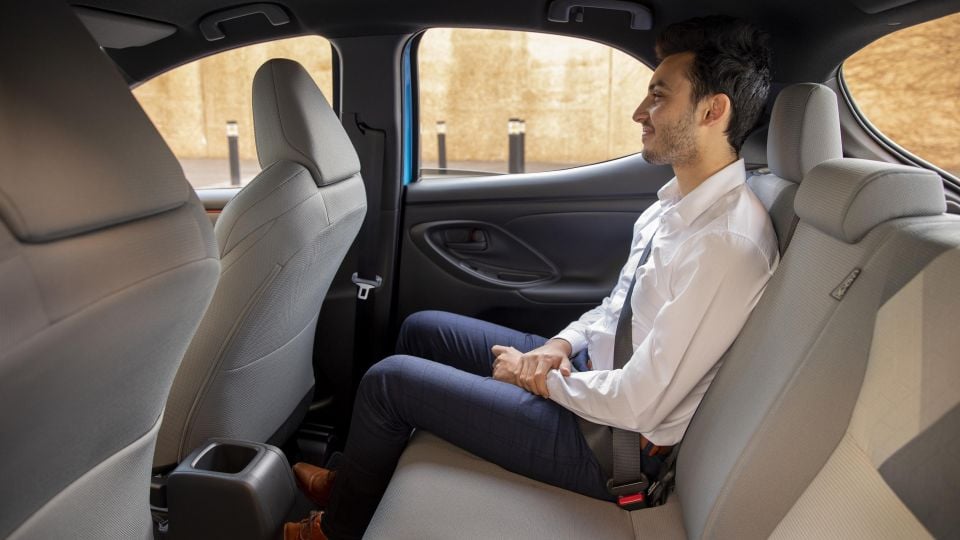
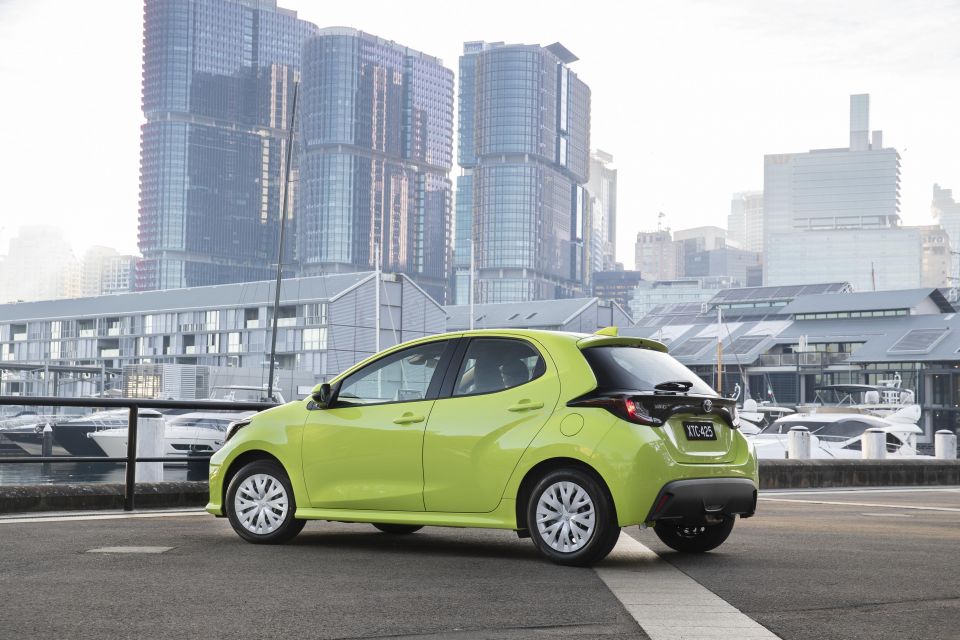
Standard equipment in the base Yaris Ascent Sport includes:
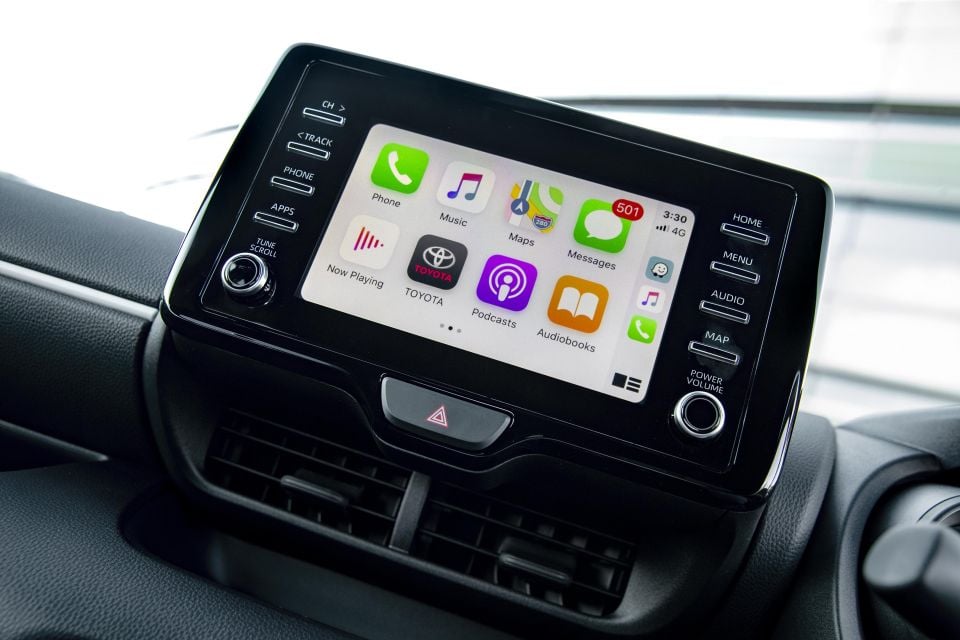
Moving to the YarisSX brings:
The range-topping Yaris ZR packs:
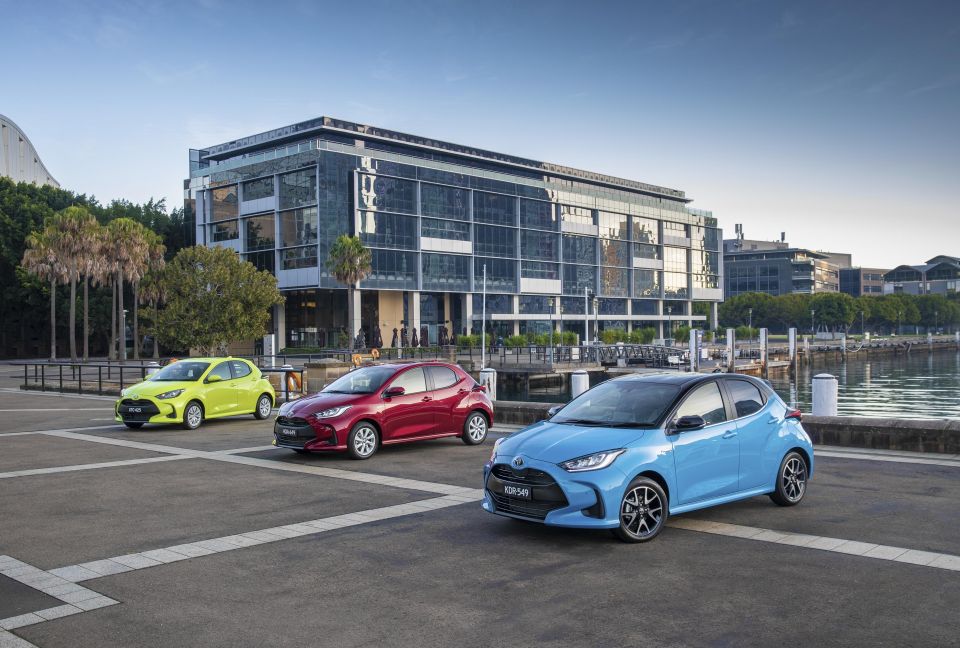
As with the wider Toyota range, the Yaris is backed a five-year, unlimited-kilometre warranty.
Maintenance is required every 12 months or 15,000km, whichever comes first. The first five services are capped at $170 each.
Go deeper on the cars in our Showroom, compare your options, or see what a great deal looks like with help from our New Car Specialists.
Scott Collie is an automotive journalist based in Melbourne, Australia. Scott studied journalism at RMIT University and, after a lifelong obsession with everything automotive, started covering the car industry shortly afterwards. He has a passion for travel, and is an avid Melbourne Demons supporter.


James Wong
28 Seconds Ago
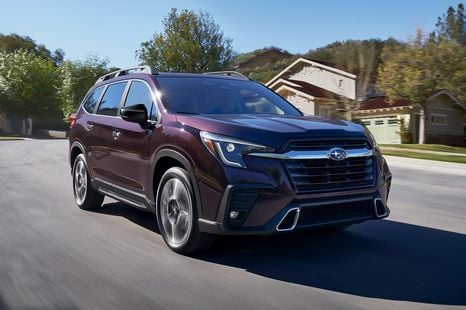

James Wong
28 Seconds Ago
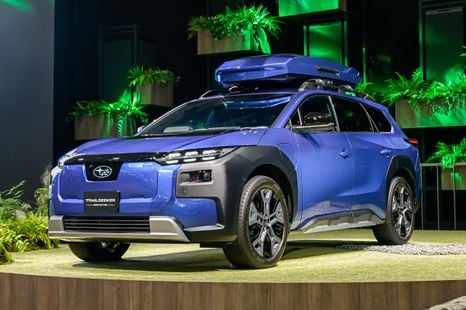

James Wong
29 Seconds Ago
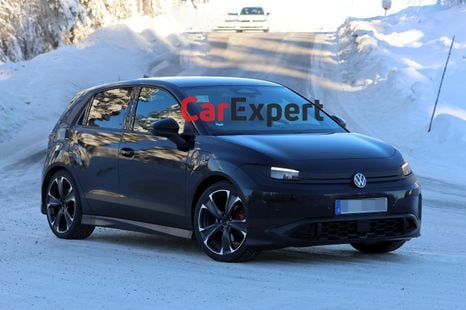

Damion Smy
7 Hours Ago
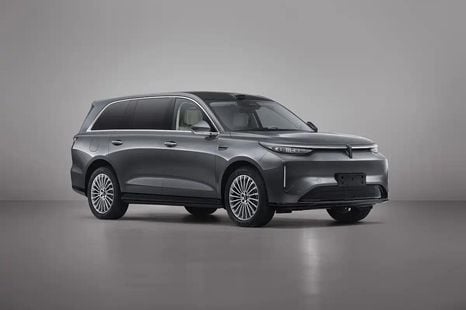

William Stopford
8 Hours Ago
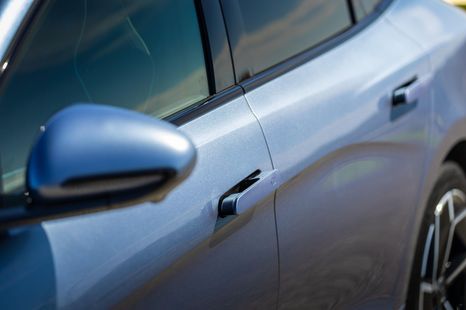

Damion Smy
10 Hours Ago
Add CarExpert as a Preferred Source on Google so your search results prioritise writing by actual experts, not AI.